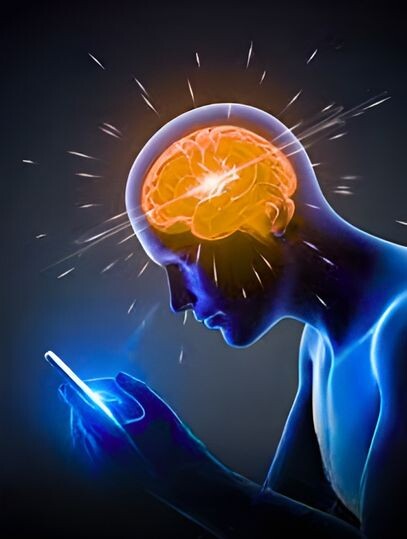- 탐색
- 아무거나
- 찾아보기
-
자세히 찾아보기
- 업로드
- 로그인
-
KO
- Bahasa Indonesia
- Português
- Français
- Magyar
- Svenska
- 한국어
- Português (Brasil)
- Български
- Slovenčina
- English
- Српски
- 简体中文
- ไทย
- Eesti (Eesti)
- Українська
- Suomi
- Русский
- Deutsch
- Hrvatski
- Ελληνικά
- Norsk Bokmål
- Lietuvių (Lietuva)
- 日本語
- فارسی
- 繁體中文
- Italiano
- Polski
- العربية
- Dansk
- עברית
- Nederlands
- Tiếng Việt
- Español
- Türkçe
- Čeština
- 정보

